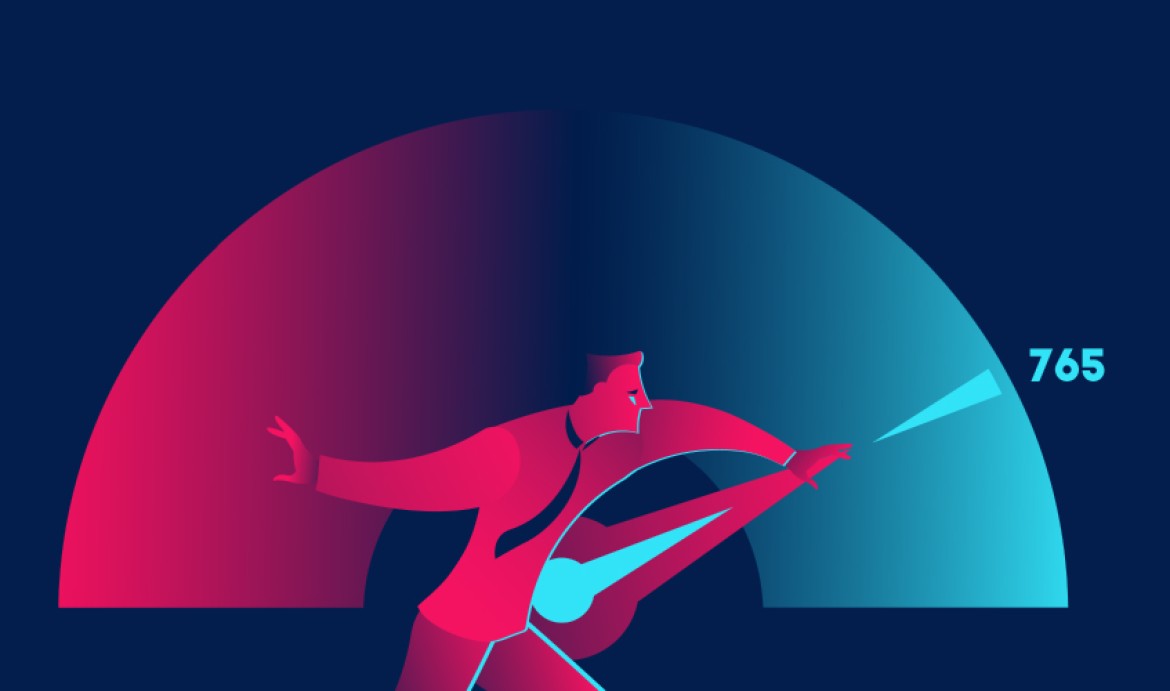The first thing most banks will look at is your overall Fico or Beacon score. Fico score is used by Transunion and Beacon score by Equifax. The score is made up of an aggregate of everything about you and your financial situation. This scoring system will alert viewers who pay for the service to pull your credit bureau information about fraud alerts, foreign inquiries, name aliases, changes in address or employment. debt utilization, current payment history, high credit, length of time on record, collections, public records, and most importantly all your current and past trades. A trade is an account with a bank, credit card, cell phone provider, or other credit provider. So you see that your credit file will say a lot about you.
Some things are out of your control but most are an accurate reflection of you and your credit risk. Things like name changes if you are married or address changes because you move will have a negative effect on your score. The bank does not like change they love stabilty. If you have done the same thing for twenty years chances are you will continue this way. Married people score higher as flight risk is deemed less. Address changes make the bank think they will have a harder time finding you if you default on your contractual obligations. Married, long time at address and employment show higher stability and less credit risk
Indications of late payments (payments that are more than thirty days past due), missed payments, collections, judgments by a court, Orderly Payment of Debt (OPD), Bankruptcy, Debt consolidation agreements and Collections are all derogatory and lower your score naturally. A big way to lower your score fast is shopping your credit around ie. putting multiple applications online or applying at many stores. This is viewed as an active credit seeker and is frowned upon. A bank who has first look at your application feels special and does not wonder what all of the other applications are saying or what they may be lending you or how they are increasing your debt. These types of things happen to us all and its best just to know that they exist and keep the instances to a minimum.
When a lender is going to enter into an agreement with you they look at our ability to pay. The greatest indication of that is your Debt Service Ratio or DSR. The definition of DSR is: Total Gross Income / Total Debt Payments. So if you make $4000 per month and your bills including mortgage or rent is $2000 per month your debt service ratio should be 50%. The allowable limit currently for most institutions is 40%. If you put in an application for a new loan and the payment puts you over that 40% you will be automatically declined.
In order for your credit score to go up you must maintain your payments within 30 days, not let any accounts go into default of Past Due. Unpaid speeding tickets or Cell phone charges are the easiest to stop but yet are very common on most peoples' credit. Don't go for a loan if your debt is more that 40% of you income unless you have a spouse so you can combine income. Remember also that it takes up to three months or more for something to report. So if you pay it off today it might show unpaid for months affecting your DSR and credit revolving negativley.
Be diligent about your bills, pay or make arrangements to pay outstanding tickets or cellphone bills so those accounts don't send you to collections or report poorly. Don't shop your credit and make sure your debt is not too high months in advance before you apply for a loan. Pay down your revolving accounts so they are not at maximum, 50% utilization or less if comfortable for a bank as your propensity to go bankrupt is reduced, again a couple months in advance is best.
That's it for today. Thanks for reading.




Comments